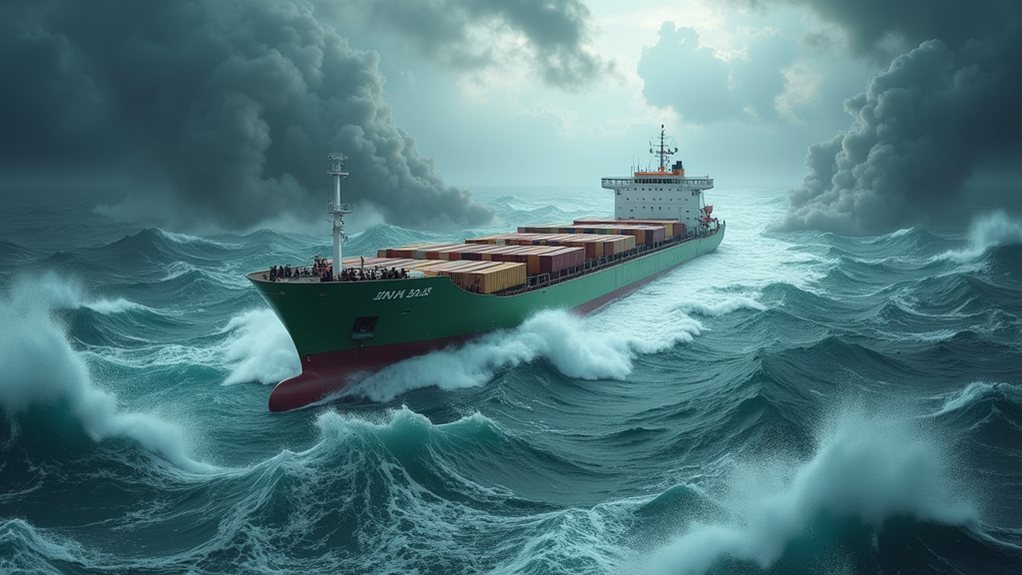As tensions rise, Canadians are expressing their fury over the recent escalation of President Trump's trade war. Prime Minister Justin Trudeau has called Trump's tariffs "a very dumb thing to do." In response, Trudeau announced retaliatory tariffs on $155 billion worth of U.S. goods. He accused Trump of favoring Russian President Vladimir Putin while attacking allies like Canada.
During his speeches, Trudeau channeled the anger of Canadians, suggesting they boycott U.S. products and vacations. The economic impact on Canada could be severe. The new tariffs include a 25% charge on non-energy imports and a 10% tariff on energy. Experts warn this could lead to a moderate recession in Canada, with Ontario projecting a potential loss of 500,000 jobs. Tariffs are expected to hurt economic growth, and this will exacerbate the existing challenges faced by Canadian industries. In addition, higher costs are anticipated for imported goods from Canada, Mexico, and China, which could further strain the Canadian economy.
Trudeau urges Canadians to boycott U.S. goods as severe tariffs threaten jobs and economic stability.
These tariffs affect about 75% of Canadian exports, hitting industries like fisheries and seafood hard. Provincial leaders are also reacting strongly. Ontario Premier Doug Ford threatened to cut energy exports to the U.S., while the Premier of Newfoundland and Labrador called for a united front against U.S. actions.
Some provinces are even removing U.S. liquor from store shelves and considering a 25% export tax on electricity to the U.S. Non-tariff retaliatory measures are also being discussed among provinces. Public sentiment is overwhelmingly negative. Canadians have been booing the U.S. national anthem at sports events, expressing hurt and anger over the situation.
Many citizens are worried about Canadian sovereignty and identity, and polls show a strong majority against the idea of U.S. annexation. Guides to support domestic products are circulating widely. The U.S. justifies its tariffs by citing concerns over illegal immigration and drug trafficking. They claim Canada isn't doing enough to stop the flow of drugs and immigrants.
Meanwhile, the trade war is affecting global markets, with China and Mexico also planning retaliatory measures. The future of international trade remains uncertain.









